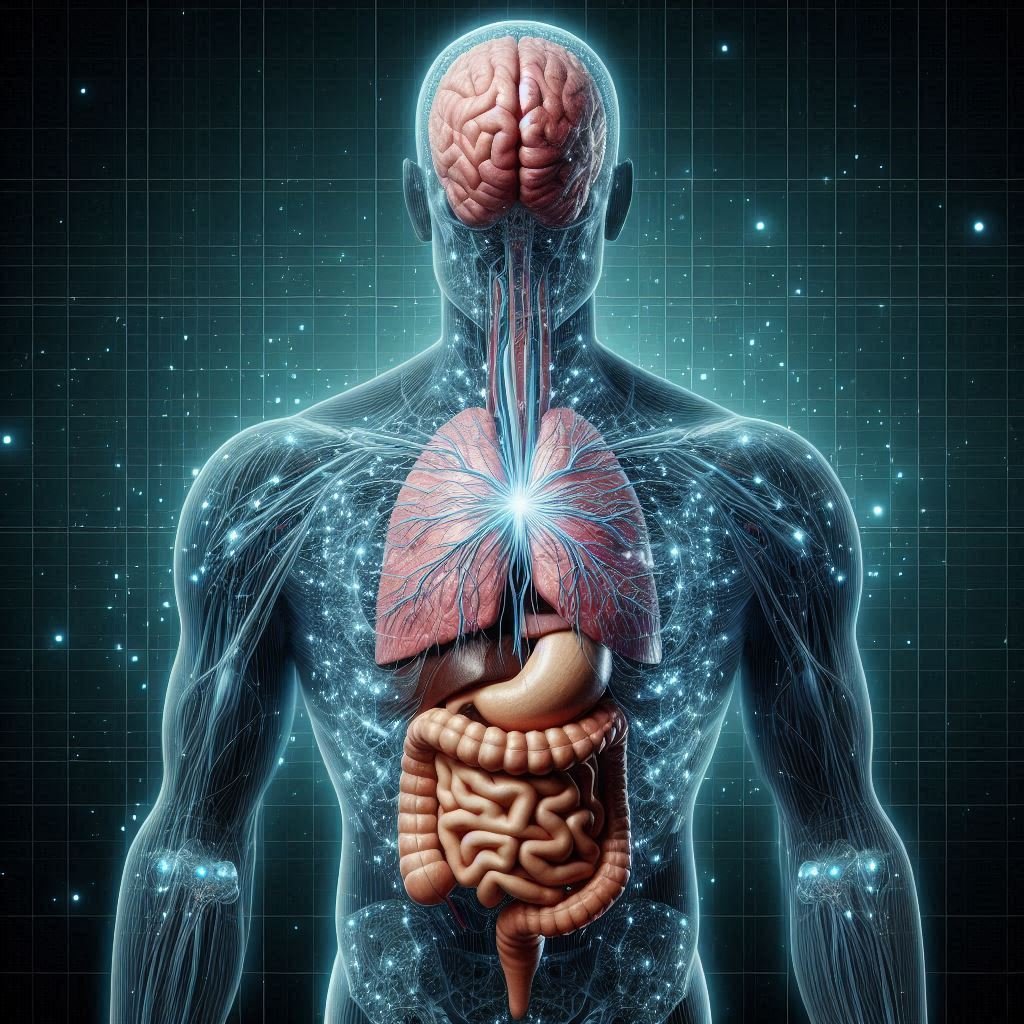Concussion Care
At BrainWorks FOR LIFE, we collaborate with your doctors who provide concussion evaluation and care.
When a person experiences a concussion, inflammation (swelling) occurs in the brain. This inflammation may cause neurological symptoms.
There is also a connection between the brain and the digestive system via the vagus nerve. It is very common for a person with a concussion to develop digestive issues within 3 days. Poor digestion creates inflammation in the gut, also known as leaky gut. Leaky gut allows proteins and toxins into the bloodstream, creating inflammation throughout the body, including the brain. At a time when it is important to decrease inflammation in the brain, a cycle is created of brain inflammation creating gut inflammation, which continues to create brain inflammation. This makes it much more difficult for the brain to heal and prolongs neurological symptoms.
At BrainWorks for Life, Sandy draws upon her extensive experience as a critical care nurse and Certified Nutritional Therapist to decrease the inflammation in your brain and heal digestive issues. She utilizes a protocol of food, supplements and essential oils (topically). Additionally, she performs basic neurological assessments at each visit to track your progress.
For those who are interested in additional brain healing modalities, we also offer to improve brain function affected by trauma.
Traumatic Brain Injury Causes Intestinal Damage
Researchers have identified a link between traumatic brain injury and intestinal changes. A new study reports that intestinal modifications may contribute to an increased risk of developing infections and could worsen brain damage in TBI patients.
Source: University of Maryland School of Medicine.
Early Concussions Tied to Faster Cognitive Decline
A recent study reveals a link between early-life concussions and faster cognitive decline in later years. Conducted on World War II veteran twins, the research showed that twins with a history of traumatic brain injury (TBI) scored lower on cognitive tests and exhibited quicker decline than their non-injured counterparts.
Source: Neuroscience News




